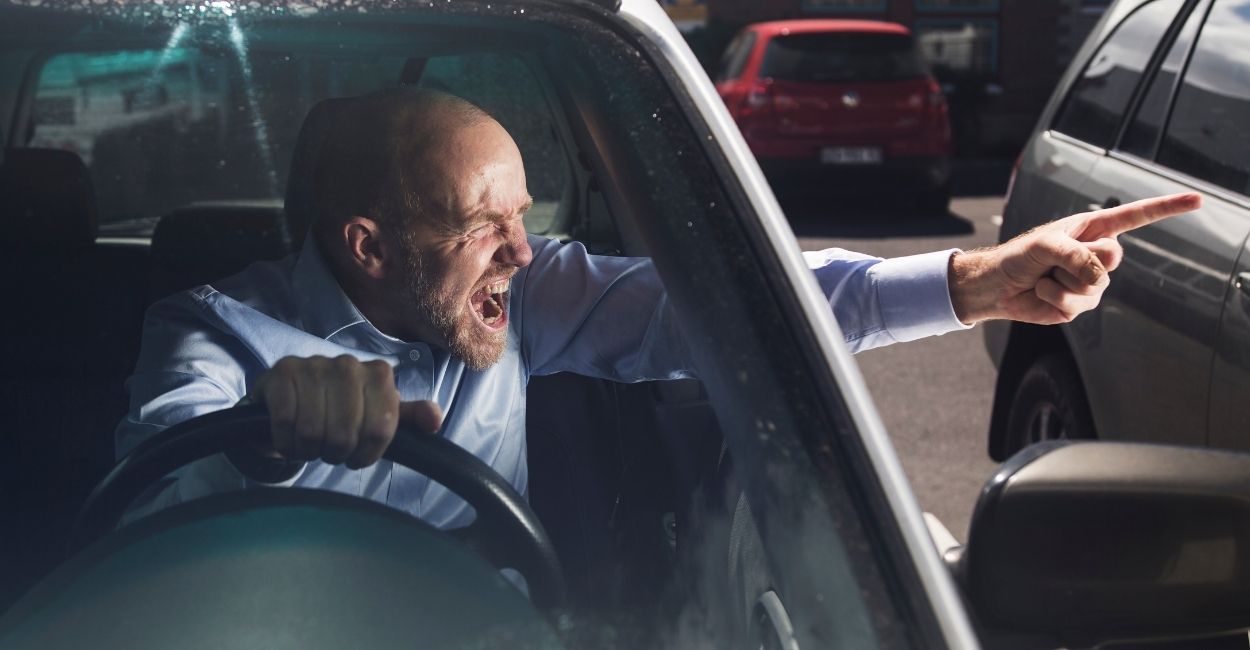
Road rage is an escalating issue on our roads, with aggressive driving behaviors leading to devastating accidents and lasting consequences.
Victims of these incidents may feel lost and overwhelmed, unsure of their legal options and how to pursue justice.
If you or a loved one has been injured in a road rage-related accident, a free case evaluation can be an essential first step in understanding your rights.
In Bakersfield, where traffic congestion and road stress are frequent, incidents of road rage are unfortunately not uncommon.
Drivers here often face aggressive actions like tailgating, speeding, or dangerous lane changes, all of which can lead to severe accidents.
Navigating the aftermath of such an event requires not just legal expertise but also an understanding of the unique challenges faced by those in Bakersfield.
With the right legal support, victims can work toward securing compensation and rebuilding their lives after a traumatic road rage incident.
Understanding Road Rage
Road rage refers to excessive aggressive driving actions, including tailgating, honking, yelling, or, in extreme cases, moving on to physical fights.
They can often result from stress, frustration, or impatience while on the road. Understanding these behaviors helps people avoid escalation to accidents.
Immediate Steps After an Accident
After an incident, safety must always be the top priority. Ensure you and all other parties involved in the accident are safe, check for injuries, and notify the authorities. Call emergency services if necessary.
Seek medical attention even if injuries are minor. Collecting evidence at the scene is important. Document weather conditions, take photos of the damage, and get witness information. This can be very helpful when seeking compensation.
Contacting Law Enforcement
Involving the police is crucial. The police report is an official account of the incident and provides the basis for all future legal actions. Be truthful and offer as much detail as possible on the aggressive behavior you witnessed.
Understanding Legal Rights
Seeking the advice of an attorney can shed light on any claims and compensation that you may be entitled to. Lawyers can assist victims with insurance claims and court proceedings.
Filing an Insurance Claim
The insurance company must be notified as soon as possible. Give them all the evidence you have collected and the police report.
Insurance companies follow protocols for accidents like these, and getting in touch with them as soon as possible also shortens the wait.
It is important to understand your insurance policy to assess whether it covers damages resulting from a road rage incident. Consulting a legal professional can help you understand your policy and ensure that you are treated fairly.
Exploring Legal Action
When insurance claims fall short, it may be time to take legal action and sue the aggressive driver.
An attorney can evaluate your case and determine the best course of action. Collecting extensive proof, such as witness statements and medical records, can also help bolster the case. Legal action can help you get justice and compensation.
Emotional and Psychological Impact
Road rage can have residual emotional consequences. After some incidents, victims may experience anxiety, stress, or trauma.
Counseling or support groups can help provide emotional support. Therapists can also provide information about coping skills to help you rebuild your confidence.
Preventive Measures
Although victims are not responsible for what others do, they can adopt preventive measures to feel safer.
Remaining calm and steering clear of aggressive drivers will reduce the risk of things getting worse or potentially physical.
Dash cams and similar tech tools also add a layer of protection and can provide invaluable evidence in the event of an incident.
Knowing where trouble spots tend to be and when the heaviest traffic occurs may help drivers choose safer routes. Learning about road safety and defensive driving can help you avoid aggressive drivers.
Conclusion
There are a few steps you must take if you are injured in a road rage car accident and want to pursue justice.
Understanding their rights and how to advocate for them can help victims reclaim their lives and obtain the compensation they deserve.
Focusing on safety and emotional well-being lays the groundwork for recovery and empowers victims to get back behind the wheel.
